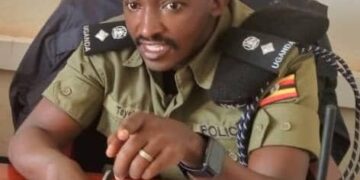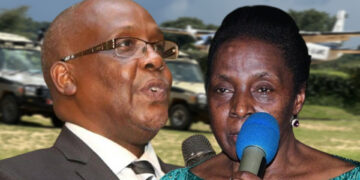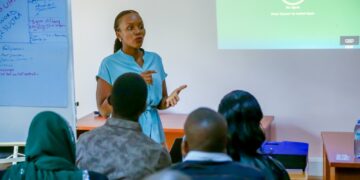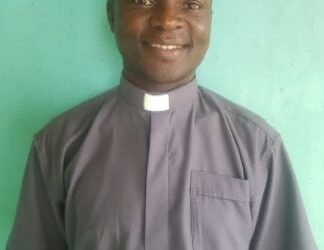“Security guru guru, shops closed as Malawian top court starts hearing presidential elections challenge.”
By Leonard Kamugisha Akida
kamugisha.leonardakida@gmail.com
 |
| Opposition supporters protesting electoral results in Lilongwe streets. Photo Credit: NET |
Malawi’s constitutional court yesterday Thursday 8th August, 2018 started hearing the opposition petition challenging the May presidential elections results.
The petition hearing in Malawi’s capital city Lilongwe, came after the main opposition Malawi Congress Party (MCP) and the United Transformation Movement (UTM) lodged complaints of alleged fraud in the May 21 vote.
These have alleged that the election was rigged by altering results sheets using type writer correction fluid.
The country’s electoral body announced President Peter Mutharika, leader of the ruling Democratic Progressive Party, the winner of the May 21st, 2019 elections defeating Lazarus Chakwera of MCP.
Chakwera alleges he is the rightful winner of the election, calling the result that saw him losing by 159,000 votes as “daylight.
However, Mutharika has dismissed doubts over him winning 38.57 percent of the vote, saying international observers had deemed the election “peaceful, free and fair.”
“…… Malawi’s constitutional court has begun hearing an opposition application to overturn the results of the country’s presidential election held nearly three months ago,……..”
UTM leader and former vice president Saulos Chilima was the first to take the witness stand after the defence failed in its attempts to force a postponement of the hearing yesterday, Thursday 8th August.
According to court, the hearing shall take a period of 12 days and it is expected to end by August 20th.
It is businesses in usual in Lilongwe and other metropolitan towns with heavy security deployed near court premises, streets and workplaces as business operators keep home listening to court proceedings in fear of losing their property and lives.
Malawi won independence from colonial ruler Britain in 1964, and was then ruled by Hastings Banda as a one-party state until the first multi-party elections in 1994.





































